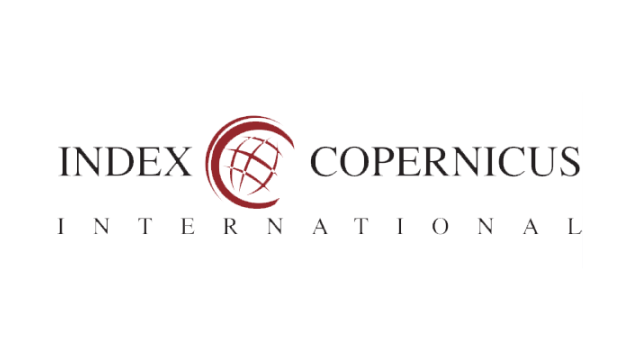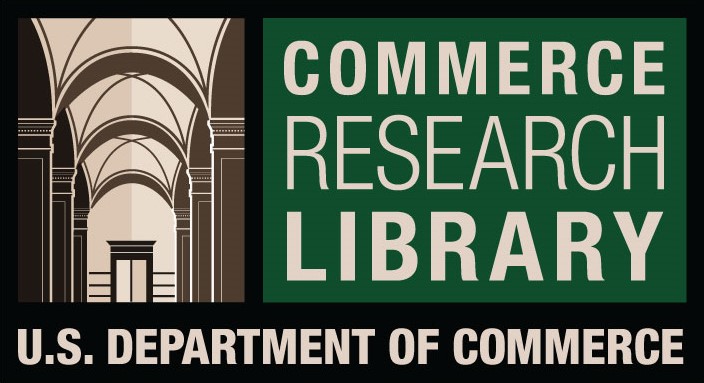Types of Oral Questions Used by Teachers in Mathematical Problem Solving Teaching in Primary School Mathematics Teaching
DOI:
https://doi.org/10.61841/rz91z427Keywords:
Oral Questions,, Mathematical Problem Solving,, Primary School, Mathematics Teaching.Abstract
ABSTRACT--- This study aimed to identify the types of oral questions commonly used by primary school mathematics teachers in their teaching. Data from the qualitative case study was collected through semi-structured interviews, document analysis and field notes. Six mathematics teachers from six different primary schools were selected as participants of the study using purposive sampling method. The data were then analyzed using a constant comparative method to identify the patterns and themes that emerged from the data obtained. The study found that, in implementing teaching of mathematical problem solving, four types of oral questions are often used by teachers to guide students' understanding of mathematical problems. The findings showed that mathematics teachers used text-based questions, multi-mode questions, operational comprehension questions and question- based operation. As a conclusion, the results of the study revealed the importance of oral questioning in the teaching of mathematical problem solving. By using all types of questions identified, students were actually stimulated to understand the mathematical problem and were helped to plan various strategic ways to solve the given mathematical problem.,
Downloads
References
1. Aguilar, J., & Telese, J. A. (2018). Mathematics Understanding of Elementary Pre-Service Teachers: The Analysis of their Procedural-Fluency, Conceptual-Understanding, and Problem-Solving Strategies. Mathematics Teaching Research Journal, 10(3-4), 24-37.
2. Andrews, P., Hatch, G., & Sayers, J. (2005). What Do Teachers of Mathematics Teach? An Initial Episodic Analysis of Four European Traditions. Sixth British Congress of Mathematics Education, pp. 9–16.
3. Chin, C. (2007). Teacher questioning in science classrooms: Approaches that stimulate productive thinking. Journal of Research in Science Teaching, 44(6), 815–843.
4. Desli, D., & Galanopoulou, E. (2017). Questioning in Primary School Mathematics: An Analysis of Questions Teachers Ask in Mathematics Lessons. 3rd International Symposium on New Issues on Teacher Education, pp. 97-105.
5. Goldin, G. A. (1998). Representational System Learning and Problem Solving in Mathematics. Journal of Mathematical Behaviour, 17(2), 137– 165.
6. Kanapathy, G. (2016). Kemahiran Visualisasi dalam Mata Pelajaran Matematik dalam Kalangan Murid Tahun 5 di Sebuah SJKT Daerah Kuala Muda Yan, Kedah. International Seminar on Generating Knowledge Through Research, pp. 909–916.
7. Krulik, S. & Rudnick, J.A. (1993). Reasoning and Problem Solving: A Handbook for Elementary School Teacher. Boston: Allyn & Bacon
8. Mahmud, M. S. (2019). The Role of Wait Time in the Process of Oral Questioning in the Teaching and Learning Process of Mathematics. International Journal of Advanced Science and Technology, 28(16), 691–697.
9. Mahmud, M. S., Yunus, A. S. M., Ayub, A. F. M., & Sulaiman, T. (2019). Case study of the level of oral questioning used by teachers in formative assessment during the mathematics teaching process in primary school. Religación. Revista de Ciencias Sociales y Humanidades, 4(18), 515–522.
10. McAninch, M. J. (2015). A Qualitative Study of Secondary Mathematics Teachers’ Questioning, Responses, and Perceived Influences. Phd thsis, University of Iowa.
11. Merriam, S. B., & Tisdell, E. J. (2016). Qualitative Research A Guide to Design and Implementation. San
Francisco: Jossey-Bass Inc Pub.
12. Mohamad, B., Esa, A., & Warman, M. Y. A. H. J. H. S. (2009). Komunikasi dalam Matematik dalam Kalangan Kanak-Kanak. Persidangan Kebangsaan Pendidikan Sains dan Teknologi, pp. 1–17.
13. Mukhtar, M. I. (2016). Penilaian Pelaksanaan Pentaksiran Kompetensi Pensijilan Modular (PKPM) di Sekolah Menengah Vokasional. Phd thesis, Selangor: Universiti Kebangsaan Malaysia.
14. Naukushu, S. T. (2011). Factors Affecting the Development of Number Sense and Its Influence on Grade 12 Learners ’ Performance in Mathematics in the Oshana Education Region. University of Namibia.
15. Nik Pa, N. A. (2014). Penghasilan Disertasi Berkualiti dalam Pendidikan Matematik. Kuala Lumpur: Universiti Malaya Press.
16. Norulbiah, N., & Effandi, Z. (2016). Keupayaan Pelajar Dalam Menjana Masalah, Menyelesaikan Masalah Matematik dan Sikap Pelajar Terhadap Penyelesaian Masalah. Jurnal Pendidikan Matematik, 4(1), 1–16.
17. Polya, G. (1957). How to Solve It: A New Aspect of Mathematical Method. New Jersey: Princeton University Press.
18. Riccomini, P. J., Smith, G. W., Hughes, E. M., & Fries, K. M. (2015). The Language of Mathematics: The Importance of Teaching and Learning Mathematical Vocabulary. Reading and Writing Quarterly, 31(3), 235–252.
19. Sabri Ahmad, Zawawi, T., & Aziz Omar. (2006). Isu-isu dalam pendidikan matematik. Kuala Lumpur: Utusan Publications.
20. Scardamalia, M., & Bereiter, C. (1992). Text-Based and Knowledge-Based Questioning by Children. Cognition and Instruction, 9(3), 177–199.
21. Surif, J., Hidayah, N., Ghafar, A., Ibrahim, N. H., & Abdullah, A. H. (2014). Penyelesaian masalah rutin dan bukan rutin dalam pendidikan matematik. Konvensyen Antarabangsa Jiwa Pendidik, pp. 11–13.
22. Tambychik, T., & Meerah, T. S. M. (2010). Students’ difficulties in mathematics problem-solving: What do they say? Procedia - Social and Behavioral Sciences, 8(5), 142–151.
23. Tengku Zawawi, T. Z., Ramlee, M., & Abdul Razak, H. (2009). Pengetahuan Pedagogi Isi Kandungan Guru Matematik bagi Tajuk Pecahan: Kajian Kes di Sekolah Rendah. Jurnal Pendidikan Malaysia, 34(1), 131–153.
24. Wong, K. Y. (2015). Use of Student Mathematics Questioning to Promote Active Learning and Metacognition. 12th International Congress on Mathematical Education, pp. 877–895.
25. Yunus, A. S. M. (2015). Developing Students’ Mathematical Thinking: How Far Have We Come? Selangor: Universiti Putra Malaysia Press.
26. Zhang, X., & Lin, D. (2015). Pathways to arithmetic: The role of visual-spatial and language skills in written arithmetic, arithmetic word problems, and nonsymbolic arithmetic. Contemporary Educational Psychology, 41, 188–197.
27. Zhining Qi., Johnson, D.W. & Johnson, R.T. (1995). Cooperative versus Competitive Effort and Problem Solving. Review of Educational Research, 1(1), 129– 143.
Downloads
Published
Issue
Section
License

This work is licensed under a Creative Commons Attribution 4.0 International License.
You are free to:
- Share — copy and redistribute the material in any medium or format for any purpose, even commercially.
- Adapt — remix, transform, and build upon the material for any purpose, even commercially.
- The licensor cannot revoke these freedoms as long as you follow the license terms.
Under the following terms:
- Attribution — You must give appropriate credit , provide a link to the license, and indicate if changes were made . You may do so in any reasonable manner, but not in any way that suggests the licensor endorses you or your use.
- No additional restrictions — You may not apply legal terms or technological measures that legally restrict others from doing anything the license permits.
Notices:
You do not have to comply with the license for elements of the material in the public domain or where your use is permitted by an applicable exception or limitation .
No warranties are given. The license may not give you all of the permissions necessary for your intended use. For example, other rights such as publicity, privacy, or moral rights may limit how you use the material.









